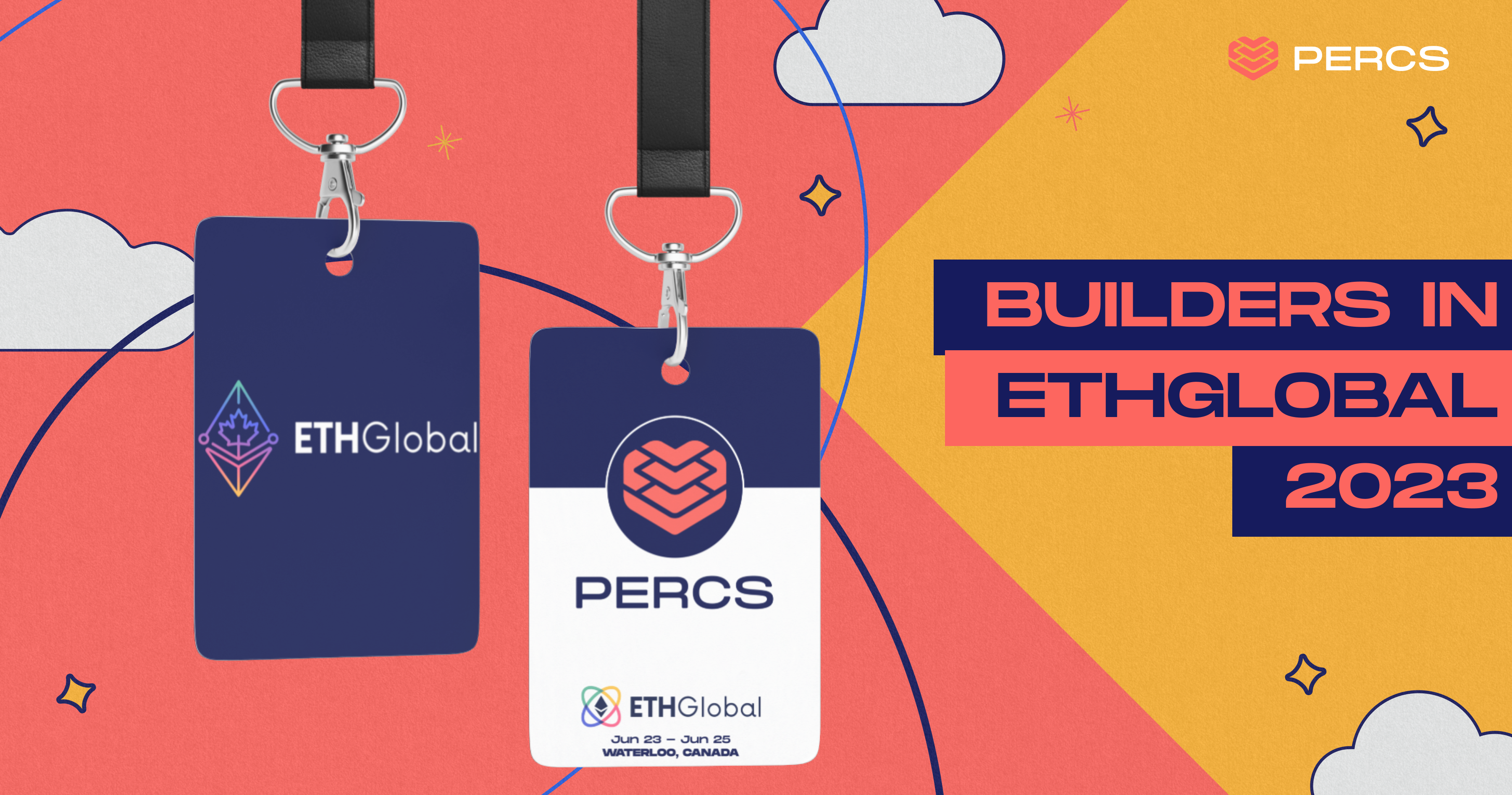
The Web3 revolution is here, offering an array of decentralized alternatives to popular Web2 applications. The Web1 era was about static documents and content consumption. Web2 enabled interactivity, social media, and user-generated content. Now, Web3 is the era of decentralized protocols and technologies like blockchain. In the Web3 era, users control their data, identities, and transactions.
Here are some Web3 alternatives to popular Web2 apps:
- Brave Browser instead of Google Chrome: Brave is a free and open-source web browser developed by Brave Software, Inc. It focuses on privacy and blocks trackers and advertisements by default. Brave also includes an option to earn Basic Attention Tokens (BAT) by viewing opt-in advertisements.
- Audius instead of Spotify: Audius is a decentralized music streaming service that connects artists directly with their fans. Artists can upload their music without any intermediaries, and listeners can stream music for free. Audius is built on a blockchain, which ensures that artists are compensated fairly for their work.
- Odysee instead of YouTube: Odysee is a video-sharing platform built on the LBRY blockchain. It allows content creators to publish their videos without fear of censorship or demonetization. Creators can also earn LBRY Credits (LBC) based on the popularity of their content.
- Presearch instead of Google: Presearch is a decentralized search engine that rewards its users with PRE tokens for using the platform. Presearch is community-driven and does not track its users' search history.
- Status instead of WhatsApp: Status is a secure and private communication tool that offers messaging, voice and video calls, and a crypto wallet. It is built on the Ethereum blockchain and uses the Whisper protocol for peer-to-peer communication.
- MetaMask instead of PayPal: MetaMask is a cryptocurrency wallet and gateway to blockchain apps. It allows users to manage their digital assets and interact with decentralized applications (DApps) directly from their browsers.
- Uniswap instead of Robinhood: Uniswap is a decentralized exchange that allows users to swap various cryptocurrencies without the need for a centralized intermediary. It is built on the Ethereum blockchain and uses automated market-making to facilitate trades.
- Lenster instead of Twitter: Lenster is a decentralized social media platform that rewards its users with LEN tokens for creating and curating content. It aims to create a fairer and more inclusive social media ecosystem.
Web3 messaging and email: Web3 messaging is the next revolution that builders such as Push Protocol and XMTP are already building, they offer secure and private communication alternatives to existing Web2 services like Gmail and Facebook Messenger. At PERCS we are proud to be exploring the Web3 messaging space to offer the best solutions to the brands that are onboarding Web3.
In conclusion, the Web3 era offers innovative and decentralized alternatives to existing Web2 applications. These Web3 applications empower users by giving them control over their own data, identities, and transactions.
Interested in learning more about what we are building? connect with us via email or through our social channels to explore how we can elevate your blockchain endeavors.





